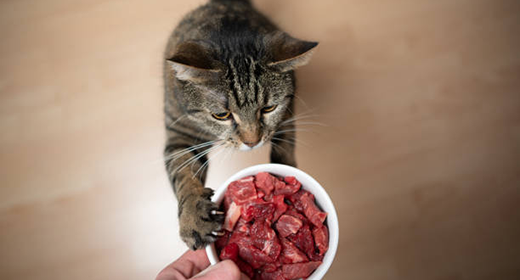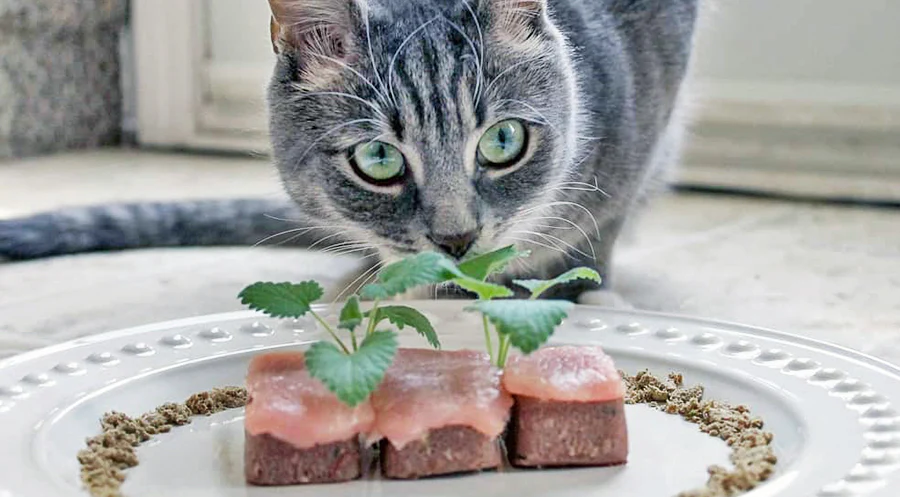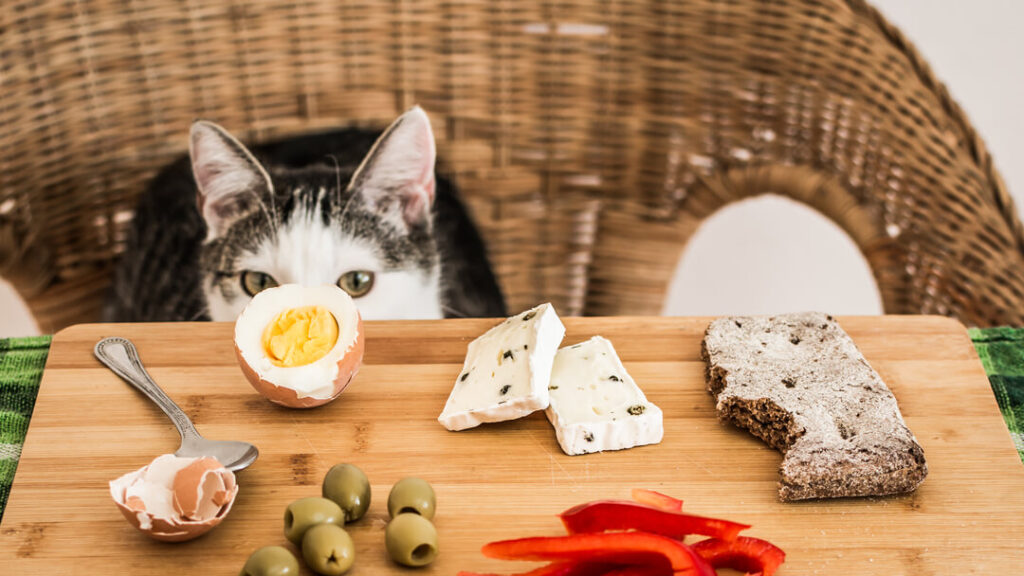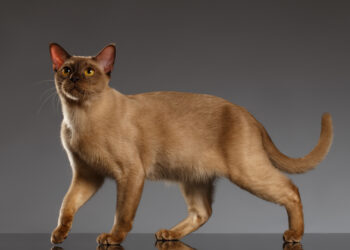“Cats are obligate carnivores, which means they must eat meat to survive.” – National Research Council
The role of protein in a cat’s diet cannot be overstated. Unlike many animals, cats require a high-protein diet to thrive. Proteins are the building blocks of life, crucial for the development and maintenance of nearly every aspect of a cat’s body, from muscle mass to immune function. With obesity and other diet-related issues on the rise among domestic cats, understanding the essential role of protein in their diet is more critical than ever.
Why Protein is Vital for Cats
Proteins are made up of amino acids, some of which are essential for cats because their bodies cannot produce them. Taurine, arginine, and methionine are a few examples of these indispensable amino acids. Without adequate intake of these nutrients, cats can suffer from severe health issues such as heart problems, blindness, and a weakened immune system.

- Taurine: Essential for cardiovascular health, vision, and reproduction.
- Arginine: Crucial for removing ammonia from the body, preventing toxicity.
- Methionine: Important for metabolic processes and maintaining skin and coat health.
Protein Requirements for Cats
Cats need more protein than many other animals. While an average adult cat’s diet should consist of at least 26% protein on a dry matter basis, growing kittens and lactating females require even more—up to 30% or higher. This need stems from their natural history as predators, consuming prey that is high in protein and fat but low in carbohydrates.
Benefits of High-Protein Diets

- Muscle Maintenance and Growth: Adequate protein ensures that cats maintain lean muscle mass, which is particularly important for older cats prone to muscle wasting.
- Energy Source: Proteins provide a sustainable energy source, crucial for active cats.
- Healthy Skin and Coat: High-quality protein contributes to a glossy coat and healthy skin.
- Immune System Support: Proteins play a vital role in creating antibodies and enzymes that bolster the immune system.
Choosing the Right Protein Sources
Not all protein sources are created equal. Quality and digestibility are paramount when selecting a protein for your cat’s diet. Animal-based proteins are superior because they closely match the amino acid profile that cats require. Here are some top choices:
- Chicken: Easily digestible and highly palatable.
- Fish: Rich in omega-3 fatty acids, beneficial for skin and coat health.
- Beef: Another excellent source, though some cats might have allergies.
- Eggs: Contain all essential amino acids, making them a perfect protein source.
When examining cat food labels, look for specific protein sources listed first. Avoid generic terms like “meat by-products” and opt for clearly defined ingredients.
The Pitfalls of Low-Protein Diets
Feeding cats a diet low in protein can lead to numerous health problems:

- Muscle Atrophy: Insufficient protein leads to muscle loss, affecting mobility and strength.
- Obesity: Low-protein diets often compensate with high carbohydrates, leading to weight gain.
- Poor Coat Condition: Lack of essential amino acids can result in a dull, unhealthy coat.
- Weakened Immune Response: Protein is crucial for maintaining a robust immune system, and deficiencies can make cats more susceptible to infections.
Practical Tips for Cat Owners
- Read Labels Carefully: Ensure that high-quality protein sources are the main ingredients.
- Avoid Fillers: Corn, wheat, and soy are common fillers that add little nutritional value.
- Regular Veterinary Check-ups: Regular visits help monitor your cat’s health and dietary needs.
- Consider Life Stages: Adjust protein intake based on your cat’s life stage—kittens, adults, and seniors have different requirements.
- Homemade Diets: If preparing homemade meals, consult with a veterinarian to ensure nutritional balance.
Addressing these factors can make a significant difference in your cat’s health and well-being.
Recognizing the vital role of protein in a cat’s diet is fundamental for every cat owner. Providing a high-protein diet tailored to your cat’s specific needs not only promotes optimal health but also enhances their quality of life. Pay attention to their dietary intake, and always choose high-quality protein sources to ensure your feline friend thrives.





















